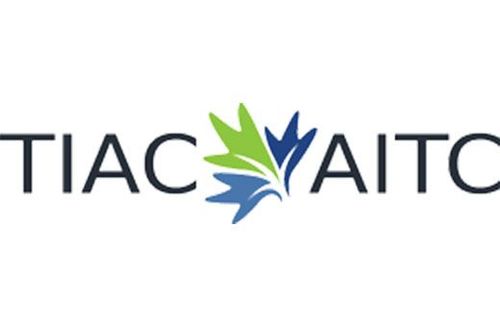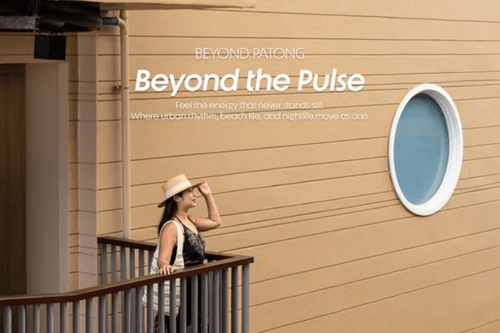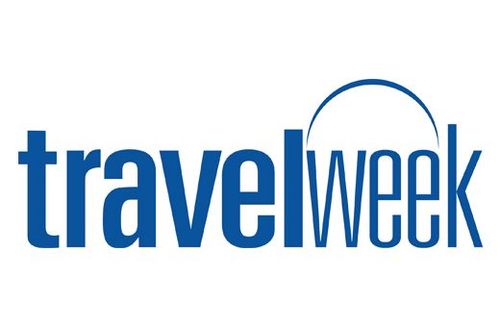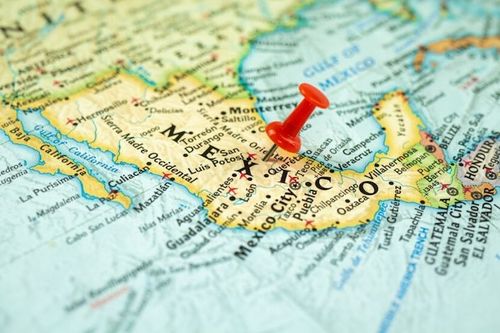Where travel agents earn, learn and save!
News / Big sky country sees brighter days and are ready for Canadian travellers
Saskatchewan and Manitoba are looking forward to brighter days in this year of gradual recovery from COVID-19
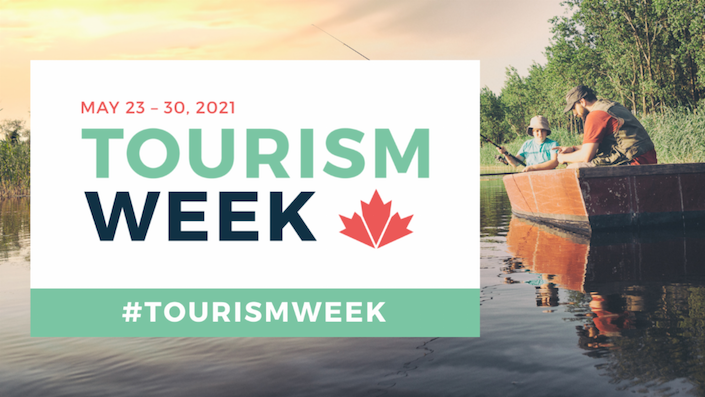
Land of the living skies, Canada’s heartland, Canada’s breadbasket, Where Canada’s heart beats… take your pick, when it comes to our prairie provinces, there are numerous monikers to help paint a word picture of this remarkable region.
But somehow, words never suffice to fully describe this stretch of fertile land across the geographic centre of the country, where the sky really does appear vast and the horizon seems endless. It’s a part of Canada that more Canadians need to see and experience.
Many of those vistas are off-limits at the moment, given the state of the pandemic. Manitoba, for instance, is currently functioning under a critical level of pandemic response restrictions and will continue as such at least until the end of May. These include a requirement for 14 days of self-isolation for people returning or coming to Manitoba from all jurisdictions, a prohibition of travel north of the 53rd parallel, and the closure of many tourism businesses, including museums, art galleries and restaurants (except for take-out and delivery).
“While all operators are anxious to re-open and abide by all required protective measures, they are currently unable to do so. But be assured, they will be ready once restrictions are lifted,” said Colin Ferguson, the President and CEO of Travel Manitoba.
Saskatchewan is facing its own pandemic challenges, but the case count there is lower than its provincial neighbours, both to the west and the east. As such, the restrictions are less onerous – for example, it is not mandatory for Saskatchewan residents to self-isolate for 14 days upon their return from an out-of-province trip. Self-isolation is only mandatory for international travel returns.
Both provinces are looking forward to brighter days in this year of gradual recovery from COVID-19.
“As consumer confidence increases, Canadians will begin to experience more outbound travel. The silver lining in it all could be that Canadians take up the opportunity to explore their own backyard more often… and a vast backyard at that… which is amazing,” said Ferguson.
A similar statement of optimism characterizes the outlook of Jim Bence, the President and CEO of Hospitality Saskatchewan. “We have taken the Saskatchewan government’s efforts to keep our economy open this entire time as an acknowledgment of the fantastic job that our industry has done in response to the pandemic,” said Bence.
“For the vast majority of us, we as an industry have abided by the guidelines, often exceeding the guidelines, and have arguably been a big part of the solution and not the problem.”
Leading by Example
The provinces of Saskatchewan and Manitoba both have good stories to tell about how tourism businesses there have adapted to the economic hardships of COVID-19.
“We continue to see innovation, resilience and perseverance every day from the tourism industry in an effort to stay in business or to quite frankly survive. And many of these adaptations will most certainly become part of the new normal,” said Ferguson.
Several museums, including the newly updated Manitoba Museum and the Canadian Museum for Human Rights, have pivoted to provide virtual student programming and are charging schools a fee for these sessions. This type of innovation will likely remain once the pandemic is history, opening up new markets beyond borders, said Ferguson.
Festival du Voyageur, an annual 10-day winter festival in St. Boniface celebrating the Francophone culture, has also demonstrated great innovation. The festival pivoted with virtual concerts, online learning experiences about voyageur life, and festival-in-a-box kits for purchase that gave buyers the opportunity to enjoy some of the tangible festival experiences at home, including the signature beverage, Caribou.
In the farmlands west of The Pas, bison farmers at Round the Bend Farm came up with an interesting concept. Via Zoom, they opened up their kitchen for a live virtual dinner party, with viewers following along at home. All the ingredients for the interactive cooking experience were provided in advance (for a fee, including the Zoom link), so the online event required no shopping on the viewers’ part.
Other Manitoba examples include the creation of virtual tours by The Canadian Mint in Winnipeg; the creation of behind-the-scenes experiences by the Assiniboine Park Conservancy; and the development of virtual at-home events by The Winnipeg Symphony Orchestra and the Royal Winnipeg Ballet.
In Saskatchewan last summer, the Doubletree by Hilton Hotel in Regina held a series of rooftop concerts on top of the hotel’s parkade building, which provided views of the concerts from surrounding hotel rooms. Concert goers paid for packages that gave them a unique viewing experience, taking in the shows from their rooms with balconies that overlooked the rooftop stage. Tickets paid for four people to be in one hotel room to enjoy a show, along with the room stay and food, while following public health measures for COVID-19. Benefits went to the Regina Food Bank.
The Saskatchewan Science Centre in Regina is in the midst of major renovations, including changes being made to adapt to pandemic restrictions. Grants totaling over $2 million from the federal and provincial governments are being used to create new features and to expand on exhibits, as well as finding ways to follow new COVID-19 protocols.
The centre is improving the agriculture and nature exhibits and is even looking at different types of buttons and mechanisms for its exhibits. All of these changes are to accommodate new requirements in terms of physical distancing.
Looking Back, Looking Ahead
“I think it fair to say that most Canadians were largely unaware of the economic impact (of the pandemic) on the tourism industry and its role in improving their quality of life prior to the pandemic,” said Colin Ferguson at Travel Manitoba.
“However, throughout the past year I believe that has changed, and as a result, Canadians/Manitobans are more aware of the economic impact on the tourism industry, and how it has been affected.”
In Manitoba, tourism spending is not projected to reach pre-pandemic 2019 levels ($1.6B tourism spent in 2019) until 2024, said the CEO. If Manitobans were to shift a third of their typical spending in international markets to travel within Manitoba in 2021, it would make up for the nearly $400 million shortfall in visitor spending forecast for 2021, and support more than 5,000 jobs in the province, he said.
“I believe Canada could see a spike in tourism spending by Canadians in 2021/2022. And this could prove to be the new normal,” said Ferguson.
“So Canadians should think about where in Canada they would like to go first… someplace new, someplace unique, someplace they always wanted to return to… and Manitoba will be right there promoting all the amazing things we have to offer.”
In Saskatchewan, Jim Bence said he believed that Canadians are now very aware of the devastating impact of the pandemic and have also come to realize what an important part the tourism industry plays in their everyday lives, not just during holidays or conferences.
“When our hotels, restaurants, events, festivals, theatres, concerts, Pow Wows, resorts and sports centers closed, the very fabric of our human nature unraveled for a while,” said Bence. “As we’ve started to knit it back together, this experience has left indelible impressions on all of us. Our human nature has learned many lessons from this shared experience and has, in many ways, evolved incredibly over the last year,” he said.
“I do believe that now as we emerge from this incredibly long, 15-month winter, we will be ravenous for connections, experiences and wide-open spaces. Fortunately for those of us lucky enough to call Saskatchewan our home, we have an embarrassment of those riches in our very own backyard,” concluded Bence.
More Travel News:
BC Tourism Operators get creative during lockdown
Tourism Industry Association of Alberta launches Tourism Week with a plan of their own
Ontario and Quebec Tourism Operators roll out the welcome mat
Tourism Week pledge to travel in Canada Tourism recovery
Atlantic Canada’s ready to welcome you
TOURISM WEEK IN CANADA 2021: A call to support the tourism industry from coast-to-coast-to-coast



